Photo credits: The Franciscan Sisters of Perpetual Adoration
Thea Bowman (pictured) was a Roman Catholic religious sister, teacher, and scholar.
Bowman made a major contribution to the ministry of the Catholic Church toward her fellow African Americans. She became an evangelist among her people, assisted in the production of an African American Catholic hymnal, and was a popular speaker on faith and spirituality in her final years.
Bowman helped found the National Black Sisters Conference to provide support for African-American women in Catholic religious institutes. She was officially designated as a Servant of God. Bowman was also the first black Catholic nun to join the all-white Franciscan Sisters of Perpetual Adoration in the 1960s. She worked extensively on issues of racial inequality.
She was born Bertha Bowman in Yazoo City, Mississippi on December 29, 1937. Her grandfather had been born a slave. However, her father was a physician, and her mother was a teacher. Bowman was raised in a Methodist home. However, with her parents’ permission, Bowman converted to the Roman Catholic faith at the age of nine. She later joined the Franciscan Sisters of Perpetual Adoration at La Crosse, Wisconsin.
Bowman attended Viterbo University, an institution run by her congregation. She earned a B.A. in English in 1965. She went on to attend The Catholic University of America in Washington, D.C., where she earned an M.A. in English in 1969. Bowman earned a Ph.D. in English in 1972, writing her doctoral thesis on Thomas More.
After spending 16 years in education, the Bishop of Jackson, Mississippi, invited Bowman to become a consultant for intercultural awareness for his diocese. She then became more directly involved with ministry to her fellow African-Americans.
She began to give inspirational talks to Black congregations and found a tremendous response by the people to whom she spoke. She brought her “ministry of joy” to far-ranging audiences. Nigeria, Kenya, Canada, Virgin Islands, Hawaii, New York, and California were places where Bowman gave speeches as an evangelist.
Harry Belafonte met Bowman in Mississippi in 1989 hoping to do a film on her life. Less than a week before her death, the University of Notre Dame announced that it would award Bowman the 1990 Laetare Medal. It was presented posthumously at the 1990 commencement exercises.
She died of cancer on March 30, 1990, at 52, in Canton, Mississippi, and was buried with her parents in Memphis, Tennessee.
A portion of this page’s content was sourced from a Wikipedia article. The contents are publicly available under the CC BY-SA 4.0 license.
*BlackThen.com writer and historian Victor Trammell edited and contributed to this report.

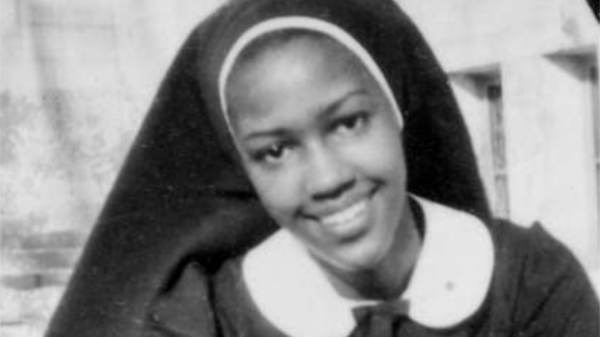



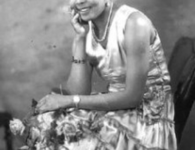
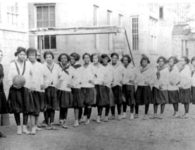

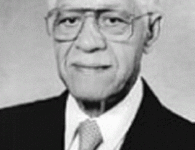
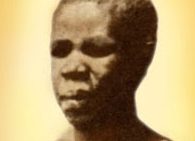



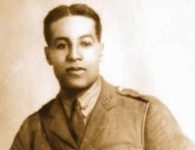

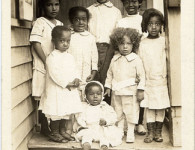
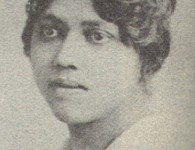


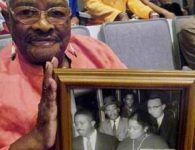

No comments